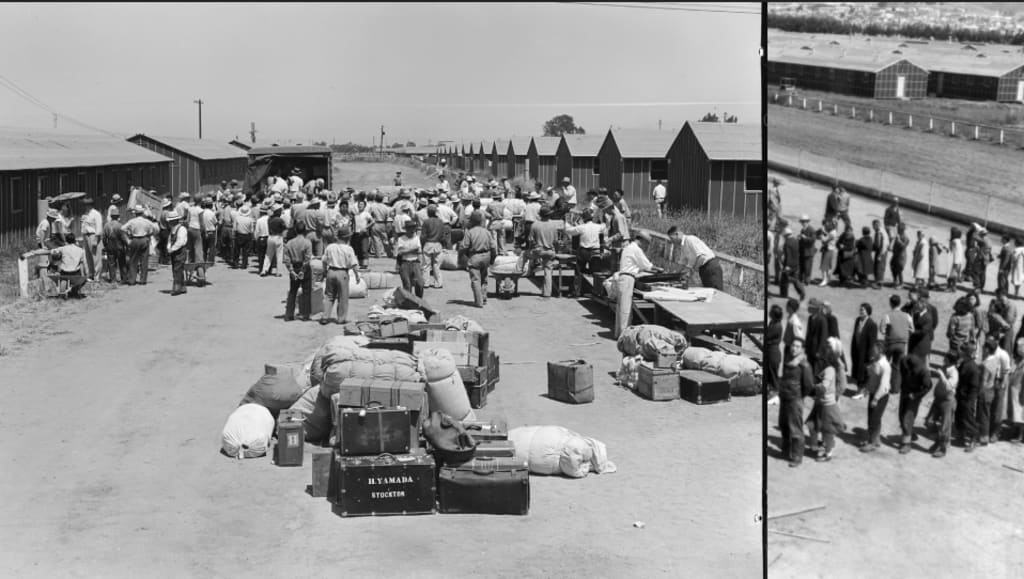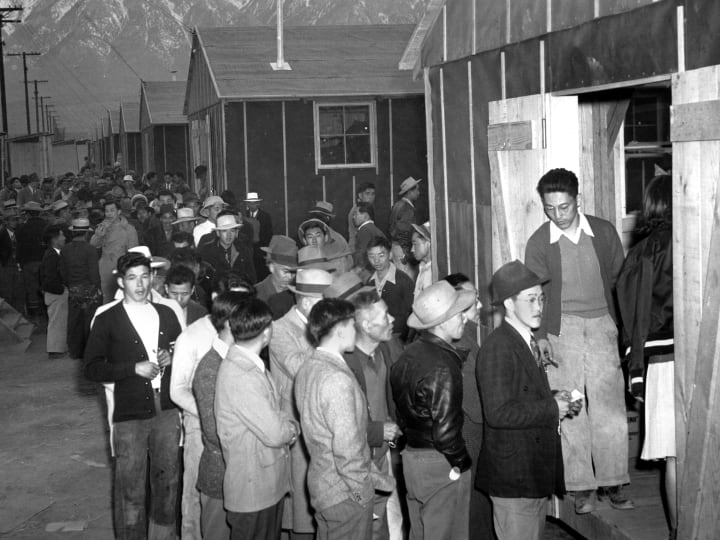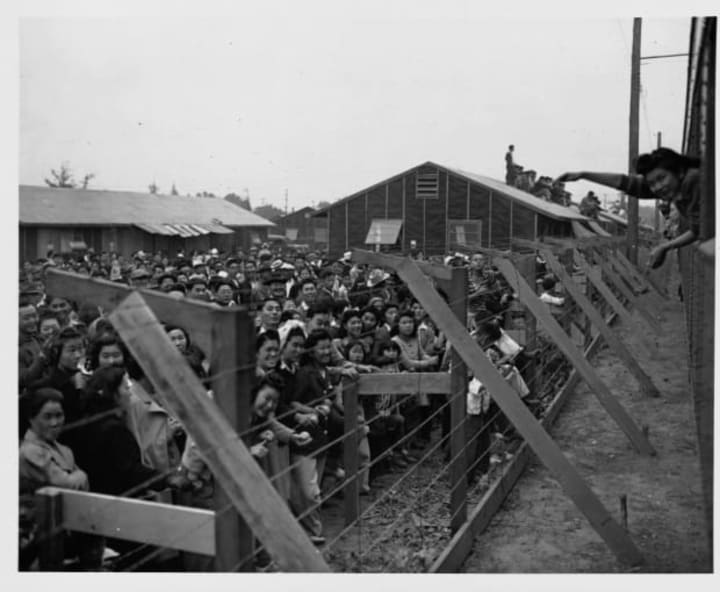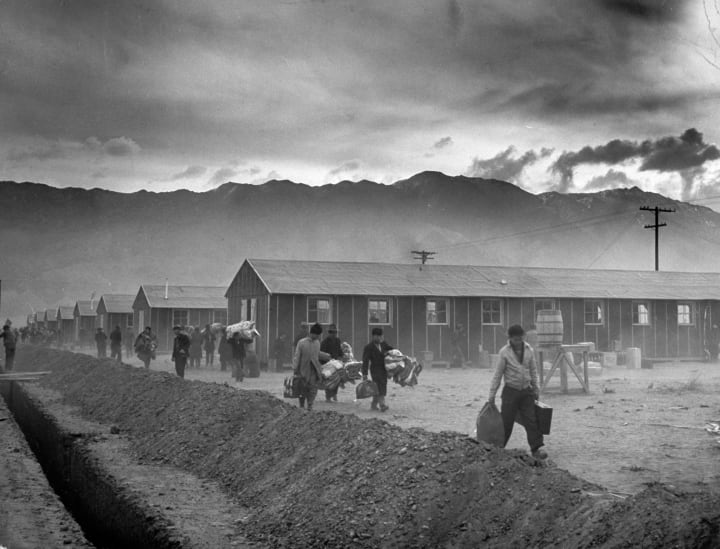The Internment of Japanese Americans: A Dark Chapter in American History
How Japanese Americans were sent to a concentration camp

During World War II, the United States government forcibly removed more than 120,000 Japanese Americans from their homes and placed them in internment camps.
Historical Context
The internment of Japanese Americans occurred in the aftermath of the attack on Pearl Harbor on December 7, 1941. The attack, which was carried out by the Japanese military, led to widespread fear and suspicion of Japanese Americans living in the United States.

At the time, Japanese Americans comprised a small but significant minority in the United States, with many living on the West Coast. Despite the fact that the majority of Japanese Americans were American citizens, they were viewed with suspicion and subjected to discrimination and racism.
The Government's Justification
In February 1942, President Franklin D. Roosevelt signed an executive order authorizing the internment of Japanese Americans. The government claimed that the internment was necessary for national security reasons, arguing that Japanese Americans posed a threat to the country's safety.

The government's justification for the internment was based on several factors, including the fact that Japan was at war with the United States, the belief that Japanese Americans had loyalty to Japan, and the fear that they could be spies or saboteurs.
The Internment of Japanese Americans: A Dark Chapter in American History
During World War II, the United States government forcibly removed more than 120,000 Japanese Americans from their homes and placed them in internment camps. This article will take a closer look at the internment of Japanese Americans, including the historical context, the government's justification for the internment, and the impact it had on Japanese Americans.
Historical Context
The internment of Japanese Americans occurred in the aftermath of the attack on Pearl Harbor on December 7, 1941. The attack, which was carried out by the Japanese military, led to widespread fear and suspicion of Japanese Americans living in the United States.
At the time, Japanese Americans comprised a small but significant minority in the United States, with many living on the West Coast. Despite the fact that the majority of Japanese Americans were American citizens, they were viewed with suspicion and subjected to discrimination and racism.
The Government's Justification
In February 1942, President Franklin D. Roosevelt signed an executive order authorizing the internment of Japanese Americans. The government claimed that the internment was necessary for national security reasons, arguing that Japanese Americans posed a threat to the country's safety.

The government's justification for the internment was based on several factors, including the fact that Japan was at war with the United States, the belief that Japanese Americans had loyalty to Japan, and the fear that they could be spies or saboteurs.
Impact on Japanese Americans
The internment of Japanese Americans had a profound impact on the individuals and families who were affected. Japanese Americans were forced to leave their homes and businesses behind and were sent to internment camps, where they were subjected to harsh living conditions and limited opportunities.

Many Japanese Americans lost their homes and possessions as a result of the internment, and some were forced to sell their belongings at a fraction of their value. The internment also had a significant impact on Japanese American children, many of whom were forced to miss months or even years of school.
The internment of Japanese Americans was a clear violation of their constitutional rights and freedoms. It was not until 1988, more than 40 years after the internment began, that the government formally apologized and offered reparations to Japanese Americans who had been interned.
About the Creator
Rare Stories
Our goal is to give you stories that will have you hooked.
This is an extension of the Quora space: Rare Stories
X(formerly Twitter): Scarce Stories
Official Bookstore: davidkellertruecrime
Writers:
....xoxo






Comments
There are no comments for this story
Be the first to respond and start the conversation.